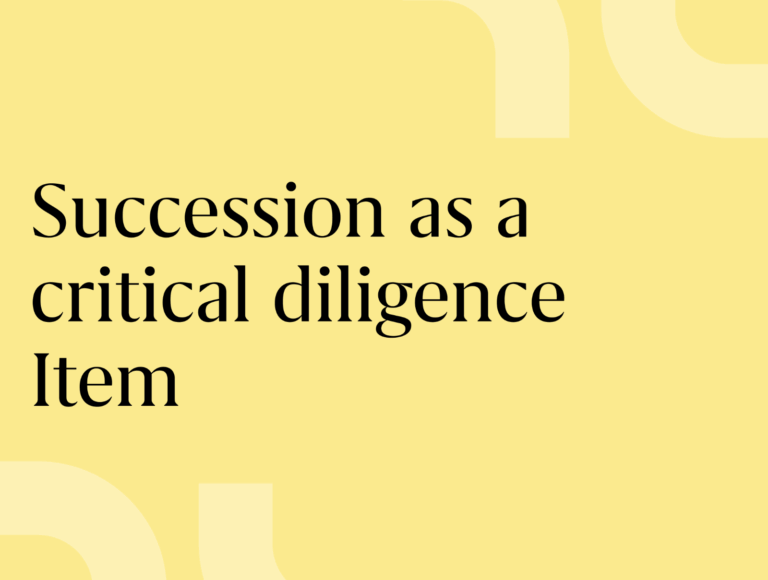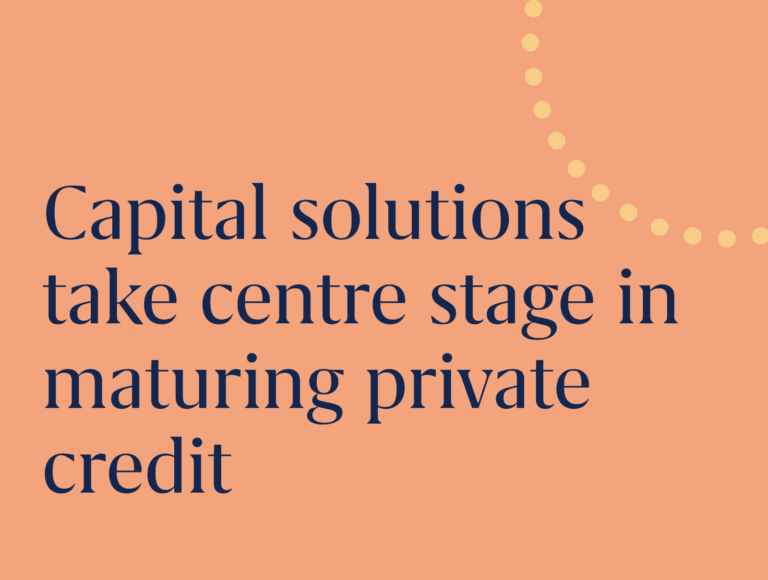The use of artificial intelligence (AI) is becoming more commonplace in private markets, an industry that had for years relied heavily on Excel sheets and PDFs.
Private markets assets under management totalled $13.1tn as of June 30, 2023, and have grown nearly 20% per annum since 2018, according to McKinsey. And both private equity managers and private debt funds are realizing that they can no longer do things the way they used to as the rapid growth of the market creates increased complexity.
That is why there is growing interest in AI, automating processes and reducing admin. A survey by Citizens Bank found that nearly 97% of private equity leaders surveyed were using AI for a wide range of uses – from fraud detection, payment authorization, risk assessment and other finance related operations.
It also found that 81% of those said using AI made business easier. But has AI made the jump from financial operations to value creation in the portfolio?
Past use of AI
The appeal of AI is undeniable – documents can be read, data extracted and large datasets screened, summarized, translated or analyzed in a highly efficient way.
For private equity funds, AI can be used to analyze and select the best financial structures and determine how to use debt to increase the return on assets. It can also be used to conduct stress testing and analyze how portfolio companies will fare in different market conditions with different levels of debt.
The likes of Carlyle and Blackstone have been vocal about their use of AI. In a recent earnings calls, Blackstone CEO Stephen Schwarzman said the group employs more than 50 people in a data science team and is significantly expanding its AI capabilities.
Emerging uses of Gen AI
As more investors put their money into private debt funds, they are also demanding more information about their investment.
A Coller Capital survey found that a majority of LPs (54%) acknowledge the benefits that AI brings to decision making – with fund monitoring and competitor benchmarking the biggest focus areas.
Law firm Macfarlanes found that sometimes investors are requesting up to 200 data points on each investment – with ESG one of the areas that creating additional data demand.
“AI has long been a workhorse in the private markets, diligently parsing through large document sets to extract critical data. We are seeing LPs wanting deeper insights across a range of metrics from fund performance to ESG. The new generation of AI tools can accelerate the pace that debt funds can respond to the growing needs of their investors,” explained Oliver Jeffcott, Legal Technology & Innovation Manager, Macfarlanes.
But just as AI can access, streamline and organize data – it also creates additional workload in the manual checks required.
This is at the heart of AI and how it develops within the private capital markets.
Just as it offers a way to speed up manual processes, very few would advocate AI operating without human oversight. What is on offer is speed rather than substitution – a similar proposition to that of Termgrid.
The Risks of AI
This article would be incomplete without a look at the risks associated with AI – risks the private capital community is well aware of.
As highlighted by the Citizens Bank survey, private equity professionals are most concerned about the issue of privacy, followed by legal compliance and lastly inaccurate or unverified information.
Similar themes – privacy, legal complexities and data quality – are all being discussed by AIMA, It recently has issued a checklist for its members on the use of generative AI. It goes on to look at other issues and include sample questions that members should ask before using generative AI.
And it is the evolution of generative AI which has brought these risks to the fore. Generative models need to be trained on large amounts of data and can reproduce the data on which they have been trained.
While many of these issues are common for all sectors looking at AI, the very private nature of this market adds to that complexity. What data underpins the models and how can it deal with the complexity of the deals, documents or other data points that AI could be applied to.
This is also a market where relationships, reputation and risk weigh heavily on all participants. AI may be a useful tool but investment committees still rely on the combined intellect and experience of their members to reach sound decisions.
“Private credit funds are, however, not looking to AI to replace fundamental human involvement in origination, credit analysis and approval and deal negotiation. Here, relationships and experience remain critical, together with accountability internally and to investors,” said Adam Caines, Finance Partner, Macfarlanes.
As we have also seen from our summary of some of the academic research in this area, relationships are still the foundation that private credit is built upon. Academic research has shown that relationships are key in deal sourcing, supporting companies in distress and are driving a new form of debt governance.
AI has undoubtedly arrived in private markets but its role seems limited to supporting player, helping the main characters improve their performance. So – for now at least – AI is still playing the understudy while human capital remains center stage.
Stay in touch with all of our latest updates and articles. Sign up now.



